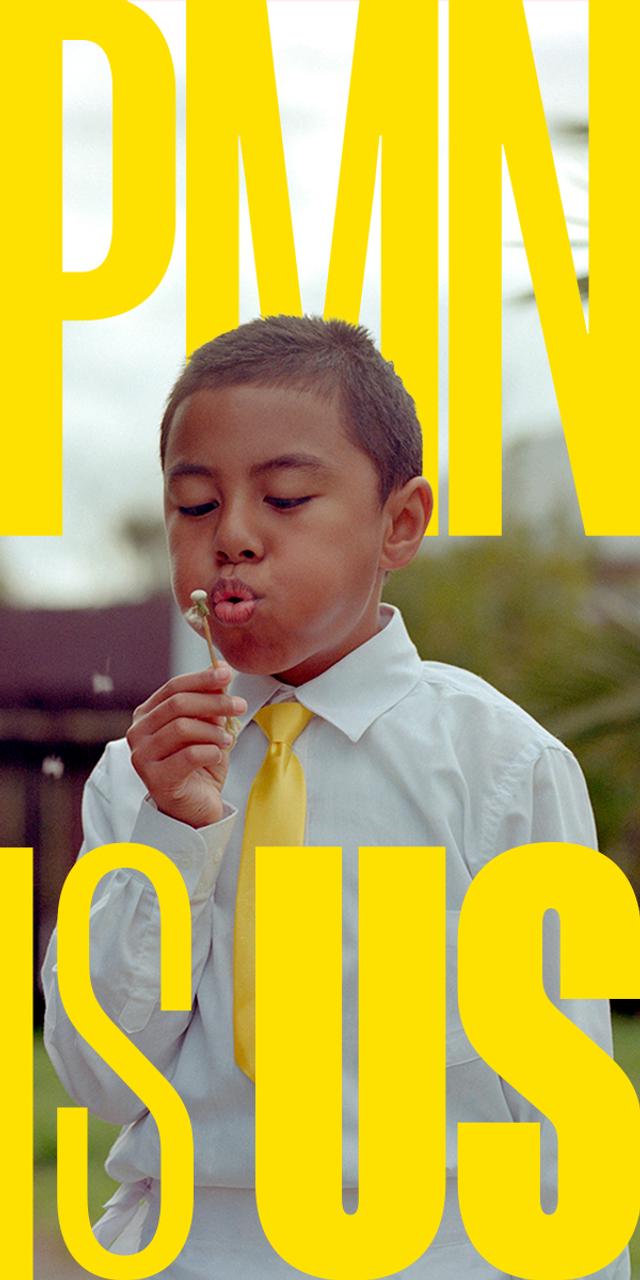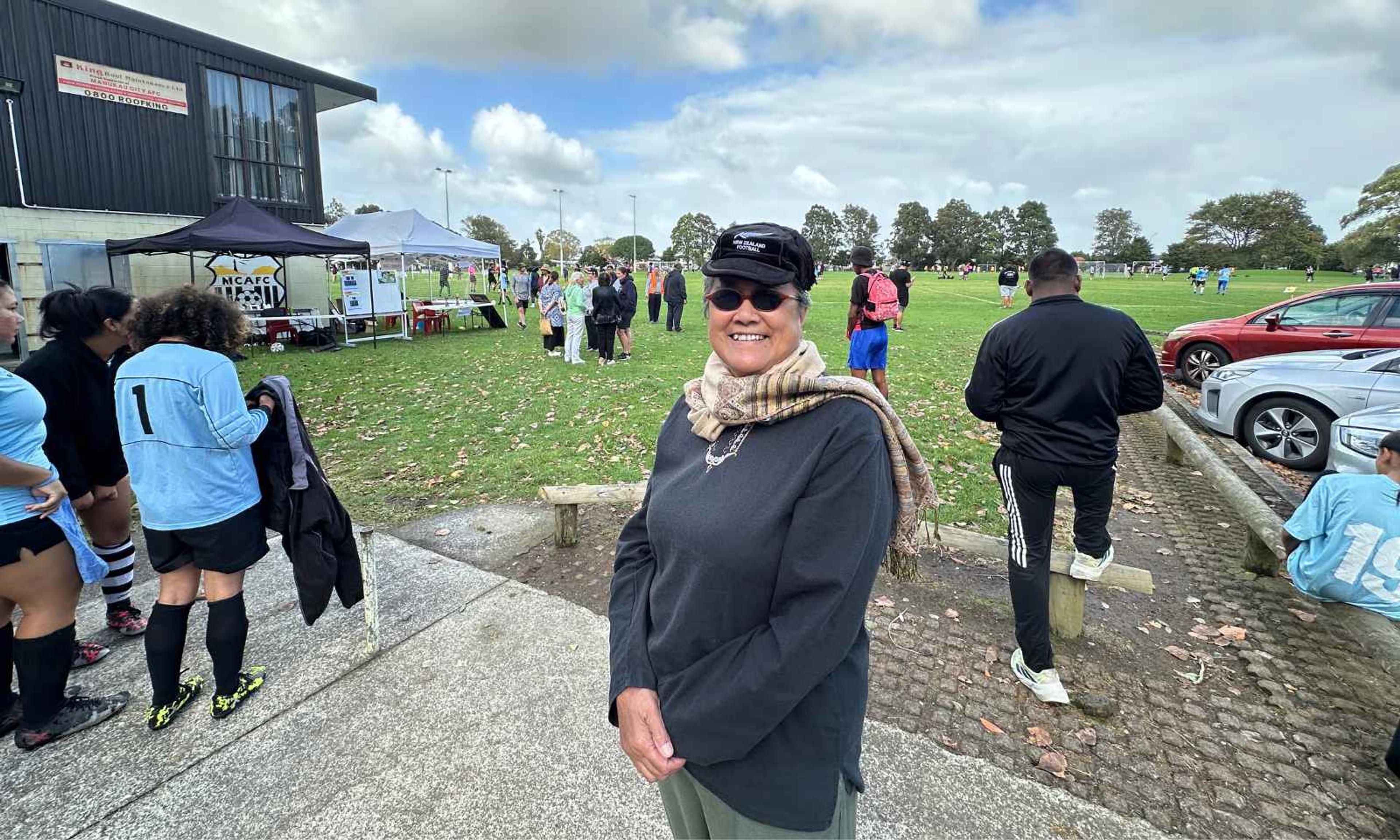
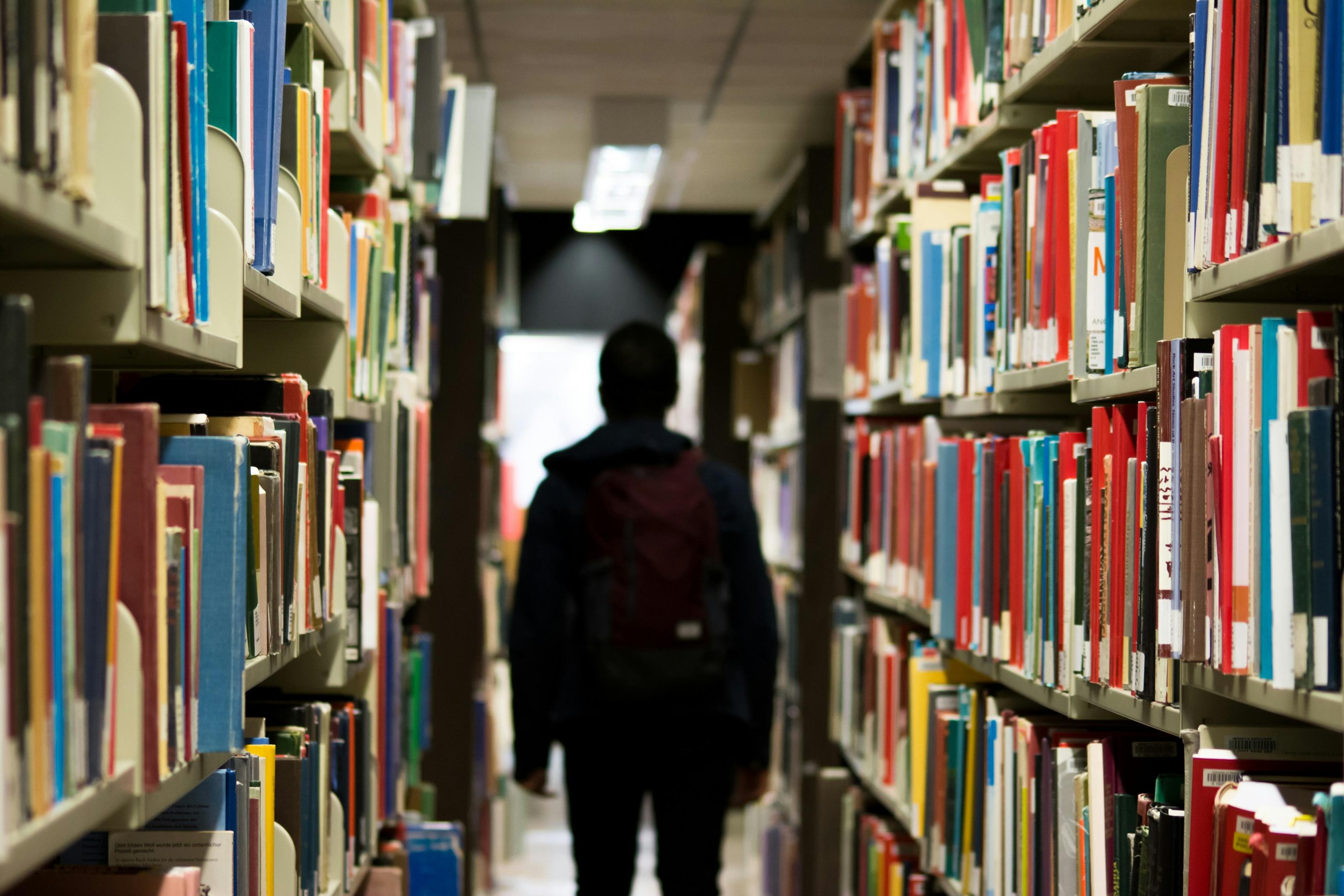
Photo/ Redd F via Unsplash
Pacific youth wellbeing might be improving, but challenges remain
A new report shows wellbeing for Pacific youth is on the up, but as De La Salle‘s Bonquiesha Lipa shares, the teen years can also throw up a range of complex challenges.



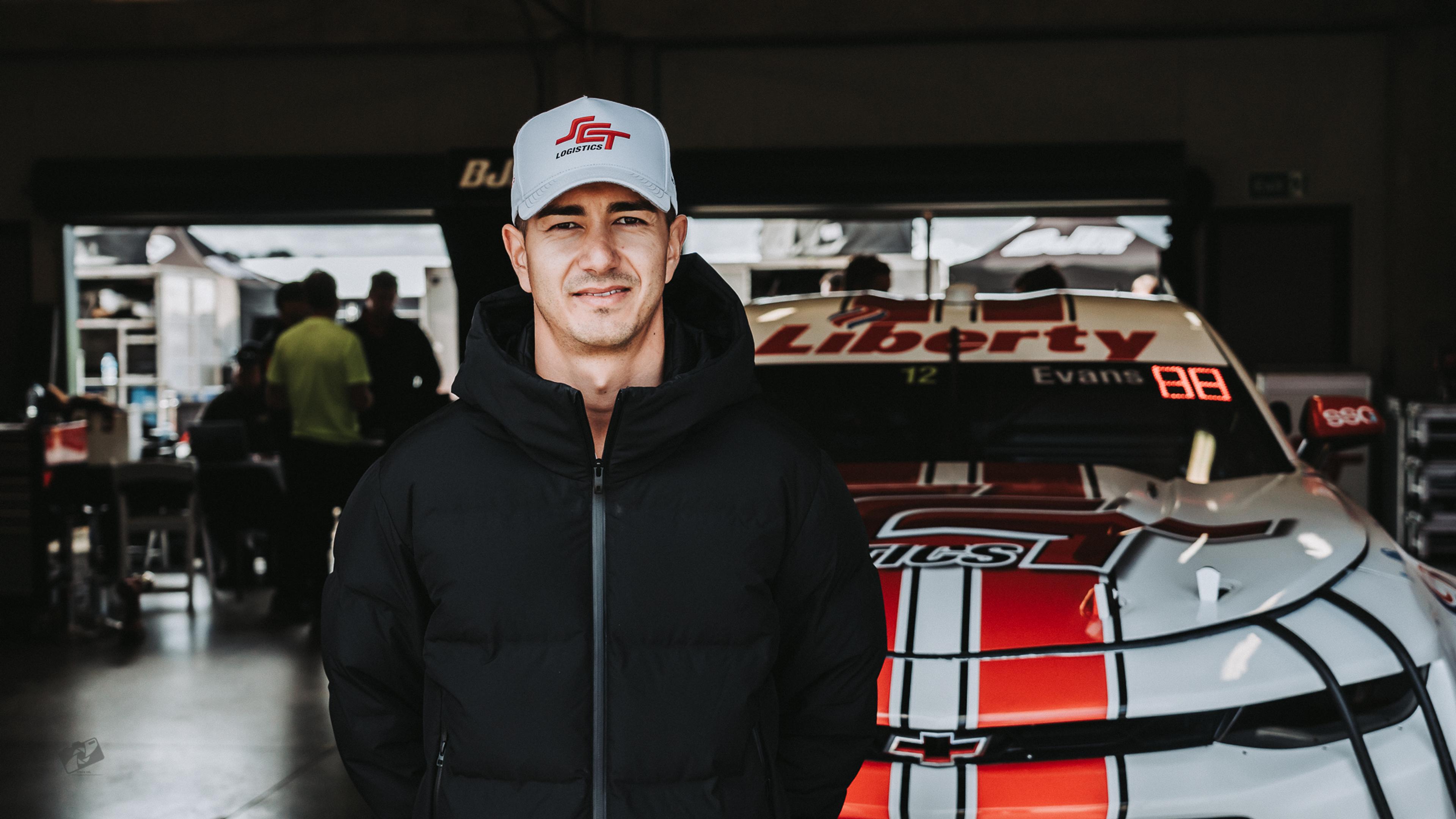
Fijian-Rotuman becomes first ever V8 Supercar driver of Pacific heritage




Fijian-Rotuman becomes first ever V8 Supercar driver of Pacific heritage
Following research that reveals Pacific youth have made improvements in health and well-being, one student says it's a little more complicated than that.
Moana Connect's Talavou o le moana report, which draws on the Youth19 Rangatahi Smart Survey, found that many Pacific youth feel well-supported by family.
Senior lecturer and Health Research Council postdoctoral research fellow at Auckland University and Moana Connect, Dr Analosa Veukiso-Ulugia says the indicators are showing Pacific youth doing well.
"A lot of them are saying 'our parents care about us'," Veukiso-Ulugia says.
She says 94 per cent have a family member they can have fun with, nine out of 10 feel apart of school and 97 per cent have teachers who expect them to do well.
"What we also know in terms of faith and our church communities is that it's something very dear to us.
"High numbers of our students are saying 'my spiritual beliefs are important to me' - 94 per cent of them said I have a faith or religion."
Watch the full interview via 531pi's Facebook page below:
For year 12 De La Salle student Bonquiesha Lipa (Vaimoso, Fasito'o, Saleufi) some of these stats add up while others don’t necessarily reflect all her experiences.

Bonquiesha Lipa delves into her experiences. Photo/Supplied
Bonquiesha says a family member who she has fun with is her niece of a similar age. She says their relationship is prefaced heavily on respect for one another, an important aspect for both of them and also in fa'asāmoa.
"We're very close. Some people think we're siblings," Bonquiesha says.
"We have that sibling relationship but we also know not to cross each other's boundaries. We're so respectful of each other."
In terms of feeling a part of the school, teacher expectations and faith, Bonquiesha's answers extend beyond a yes or no.
She says school is not necessarily a "second home" but is a space she is okay with being in.
"Being at a catholic all-boys school it can be a bit tricky to be part of a space like that.
"I've realised that you'll never be able to escape that little box you've been put in."
Bonquiesha says her earlier years at high school were a daily "fight-or-flight situation".
"I realized that nothing will change unless you decide to become the change and you decide to put your best foot forward."
As for teacher expectations, Bonquiesha agrees in her experience they do expect them to do well but that can also steer towards problematic waters.
"Anyone could say they're so hard on students because they see the potential but sometimes it's the way you're doing it and how you're doing it."
She says that this weighted approach can sometimes be too much to bear when a student could be pushed past their limit.
"There's a side where teachers have their flaws but students do as well."
An example she points out is sometimes students are not incentivised into proactive learning when whiteboard notes or worksheets may "do the work for us".
"It's okay to make mistakes, to be the dumb, loud or quiet one in class. We all have the potential to succeed.”
She advocates for a supportive approach where students may make mistakes and rather than being condemned for it, be supported and picked up again.
"If you truly want someone to succeed let them try and succeed first and just be on their side to help them instead of trying to take over."
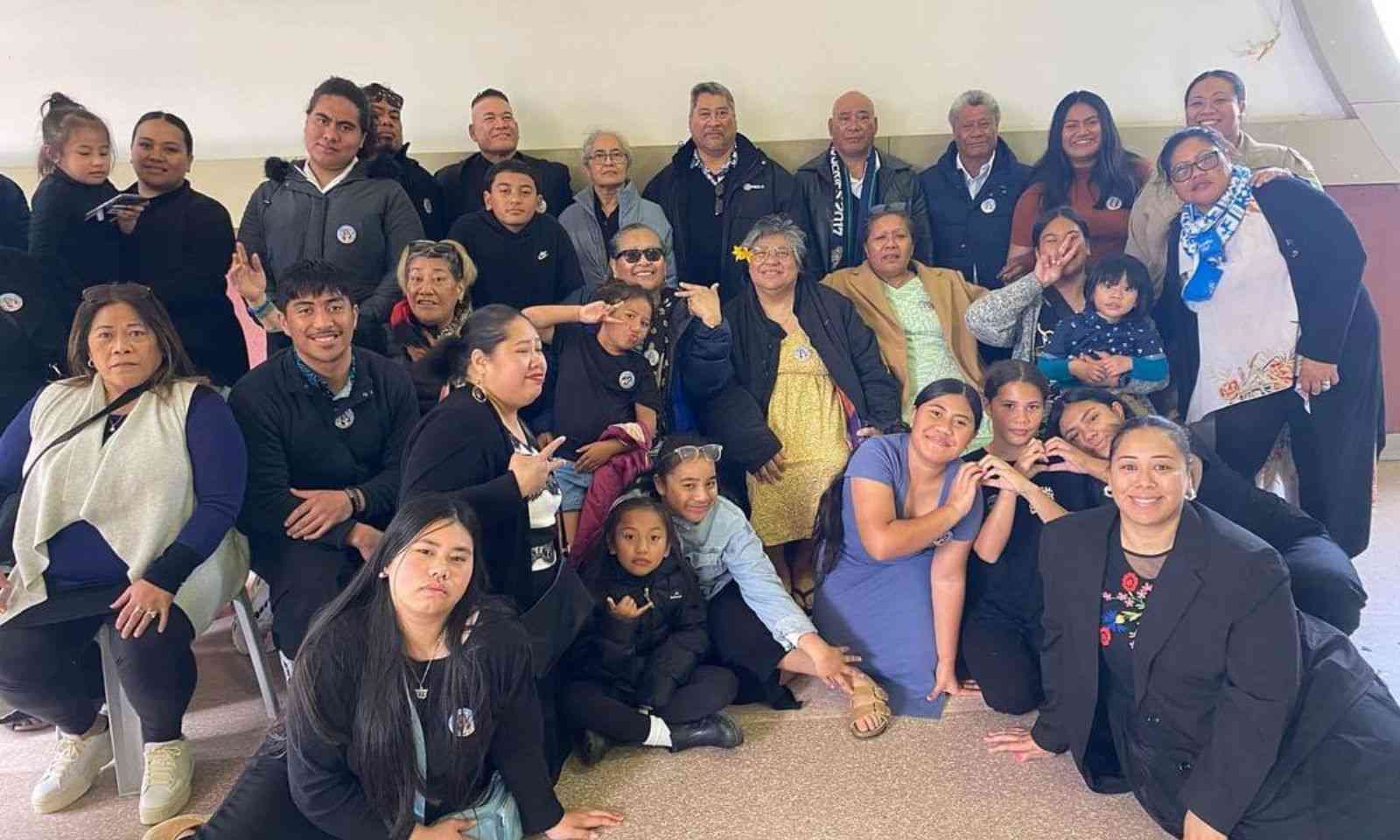
Bonquiesha's aiga (family). Photo/Supplied
As for faith, Bonquiesha says she was raised in a Catholic household but became distant due to her trauma with religion and developing her identity, and "who I was as a trans woman".
"Everyone's like 'you should start going back to church, you don't go to church every Sunday'.
"But I want to start reconnecting with my faith but on my terms. If I want to go then I go, if I don't then I don't."
She says entering back into that space is easier these days since becoming more comfortable in her transition towards being her authentic self.
"It's okay to go to church and if anyone tells me I can't be there then too bad."
Bonquiesha also says on her spiritual journey that she came to the realisation that "faith has no gender."
"It doesn't matter who you are, what you are or what you identify as so long as you feel like you have faith and that strong relationship with God or with any type of religion you believe in.
"That to me is better than anything else."
